Enabling Accessibility of Care
5 Talks
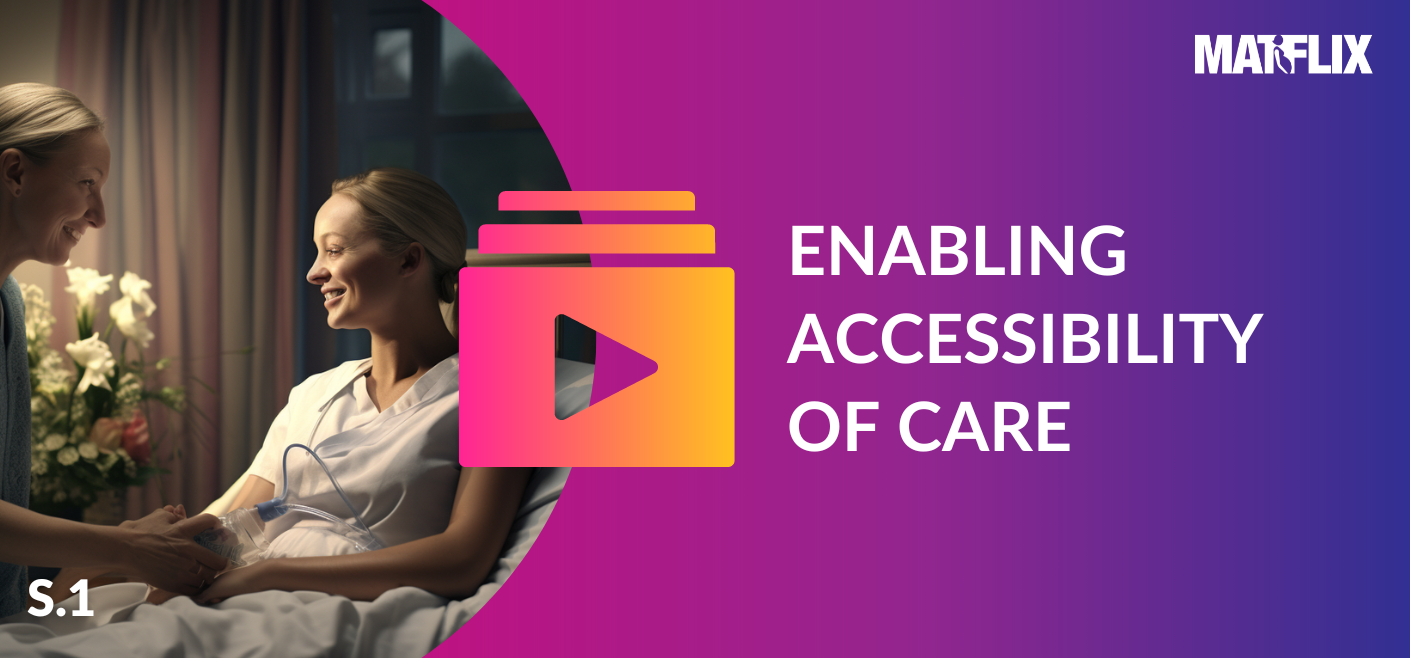
5 Talks
Accessibility of services is essential to ensure the safety and experience of all service users and their birth partners. However, assumptions and systems can add additional barriers and challenges to families throughout the childbearing continuum. This boxset explores some of these challenges and how improving accessibility can impact engagement with maternity care.
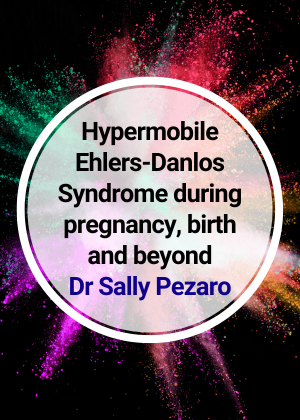
Hypermobile Ehlers-Danlos Syndrome during pregnancy, birth and beyond
2019 | 24 mins | Enabling Accessibility of Care
Hypermobile Ehlers-Danlos Syndrome (EDS) is a genetic condition affecting connective tissues which often deteriorates in pregnancy. In this talk, Midwife Dr Sally Pezaro from Coventry University explored the relationship between pregnancy and EDS and the lived experiences of birthing people with EDS. Discussing their literature review and recent qualitative study, Sally highlights the knowledge gap of maternity professionals and issues around women disengaging with services and the power of accessible research. She concludes with a discussion of future research surrounding EDS in pregnancy.
Dr Sally Pezaro, Midwife, Coventry University
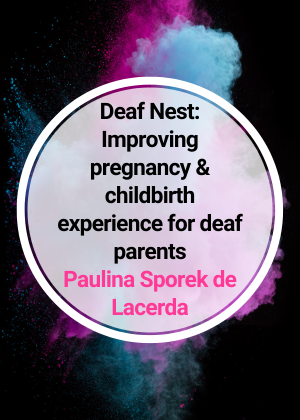
Deaf Nest: Improving pregnancy & childbirth experience for deaf parents
2018 | 26 mins | Enabling Accessibility of Care
Hearing loss impacting 1 in 6 of the UK population. However, provision of resources for deaf people remains limited. In this talk, Midwife, Paulina Ewa Sporek, discusses the Deaf Nest project and the research behind it. Developing a relationship with a family is key to quality midwifery care, with communication forming a basis for this. Deaf Nest aims to provide support to midwives, birth workers to ensure the deaf parents have access to the full range of services and information. Paulina discusses the challenges posed to deaf parents, the evidence base and the benefits of providing inclusive care, ending in a Q&A session.
Paulina Sporek de Lacerda, Maternity Improvement Advisor, UCL Partners
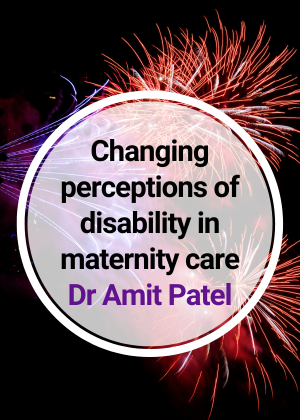
Changing perceptions of disability in maternity care
2020 | 39 mins | Enabling Accessibility of Care
Dr Amit Patel was a trauma doctor, when he had an ocular haemorrhage and became blind. In this talk, Amit discusses his experience of regaining independence and his journey to parenthood with the support of his guide dog, Kika. He discusses the challenges of being a blind parent and the importance of seeing the person before the disability. He explored the support, compassion and adaptations provided by midwives and students to support Amit and Kika to be fully involved within the birth experience, concludes with the joys of parenting.
Dr Amit Patel, Disability Rights Campaigner, Independent Accessibility Consultant & Author

Experiences of blind and partially sighted women: what midwives should know
2021 | 38 mins | Enabling Accessibility of Care
In research, visual impairments have historically been clumped together with disability more generally. In this talk, Dr Bethan Collins, Head of Occupational Therapy at the University of Salford, discusses the unique challenges faced by blind and partially sighted parents. Beginning with a definition of visual impairments, she discusses her survey and interview-based research exploring the experiences of blind and partially sighted women in maternity care. Bethan addresses the challenges surrounding assumptions made by midwives, the lack of trust in abilities of partially sighted parents and facilitating accessibility. Key themes highlighted include the importance of effective communication and continuity of carer.
Dr Bethan Collins, Head of Occupational Therapy, University of Salford
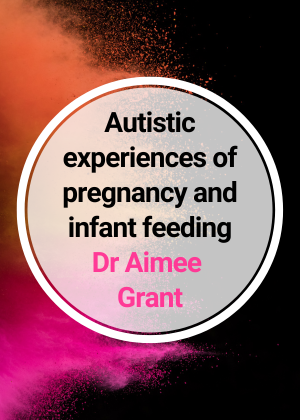
Autistic experiences of pregnancy and infant feeding
2022 | 22 mins | Enabling Accessibility of Care
In this talk, Aimee Grant, Senior Research Officer Public Health, Swansea University, discusses the barriers to care experienced by autistic people in pregnancy. Beginning with a review of the literature, Aimee explores survey data which highlighted the additional challenges faced by this population, including poor understanding of autism by professionals, increased sensitivities, and a lack of accessible communication options. Aimee highlights some of the key areas of difficulty in pregnancy and infant feeding, concluding with top tips for supporting autistic people in pregnancy and increasing accessibility of services.
Dr Aimee Grant, Senior Research Officer Public Health, Swansea University
United Kingdom and Republic of Ireland | Registration Number 8390093.
Copyright © 2024 MATFLIX